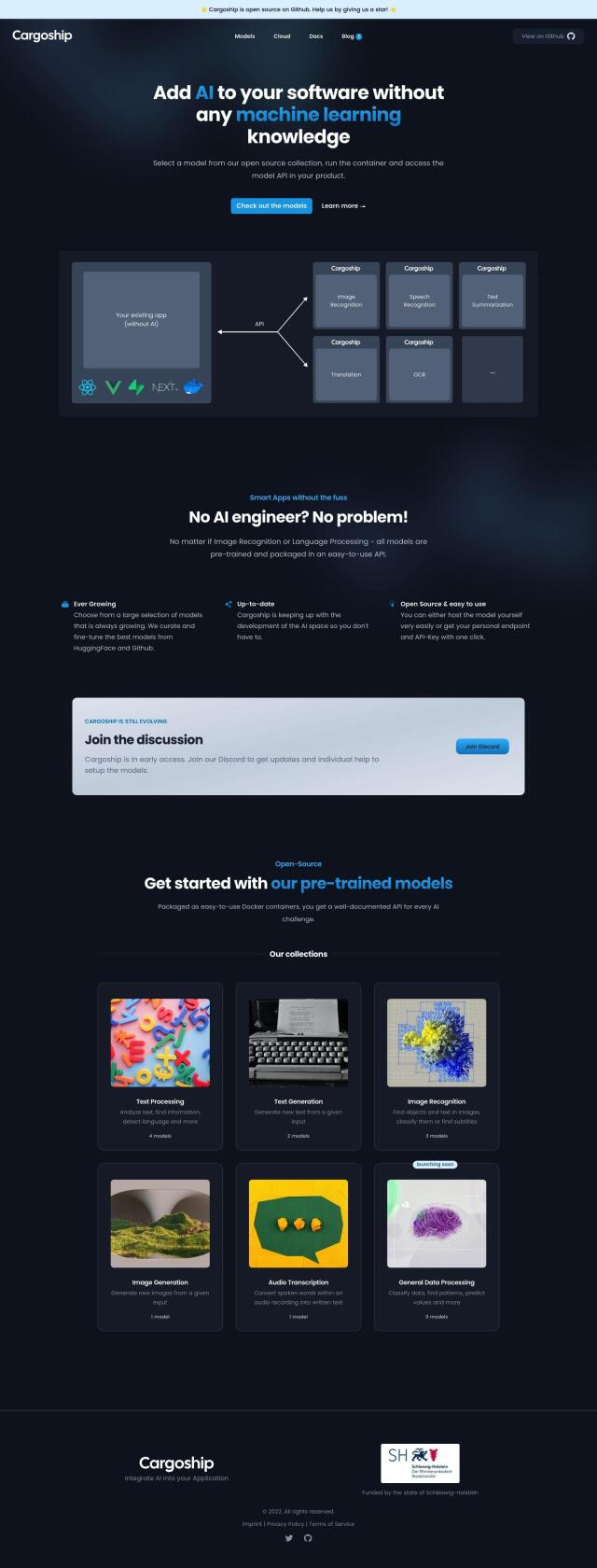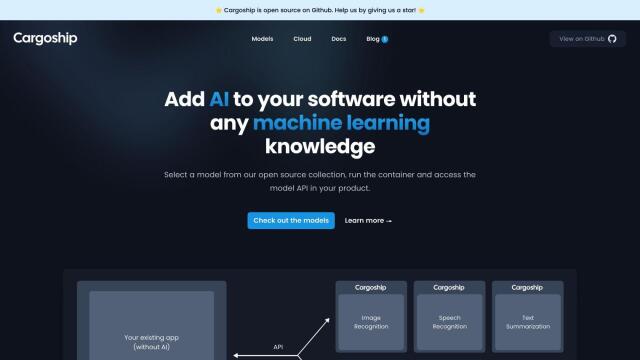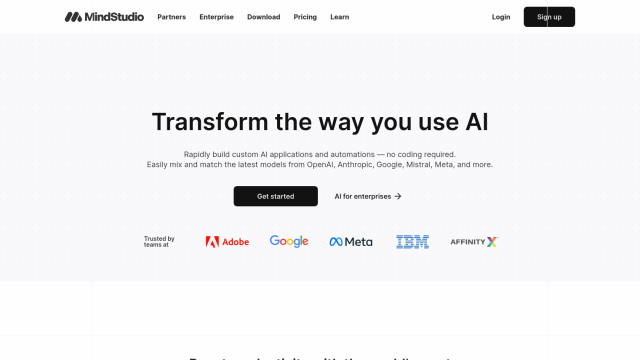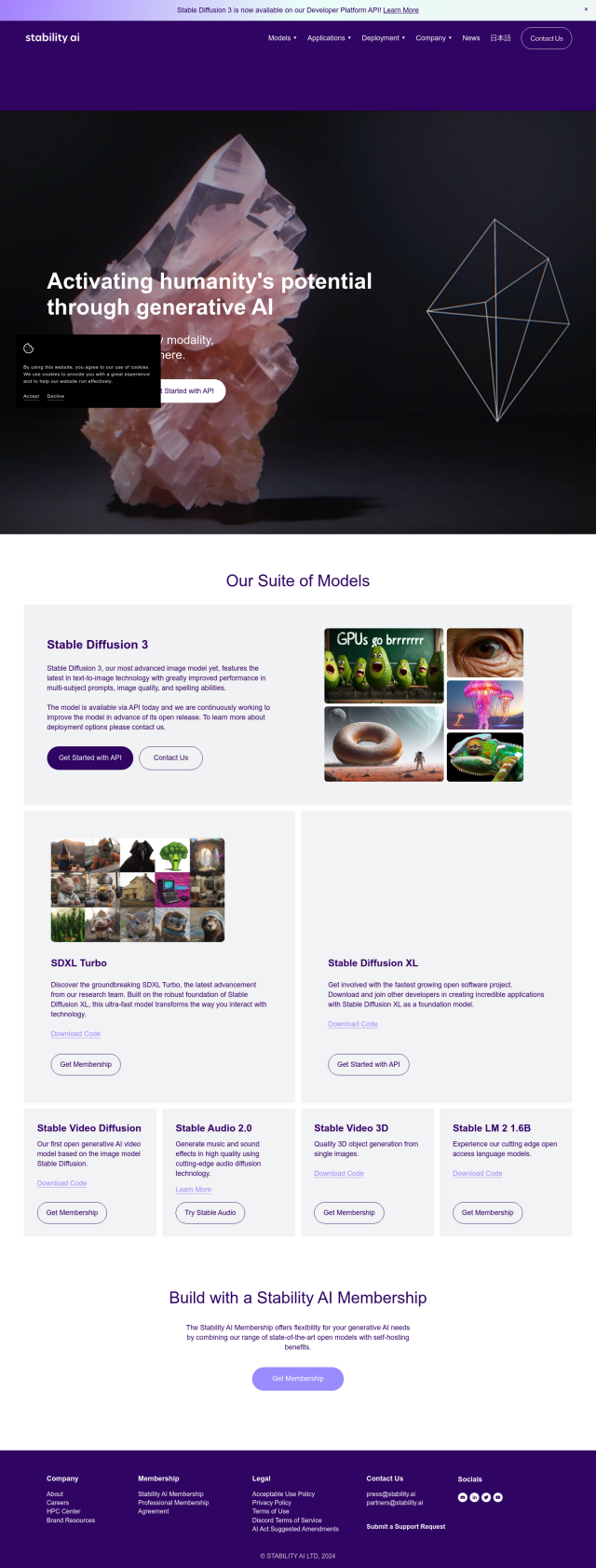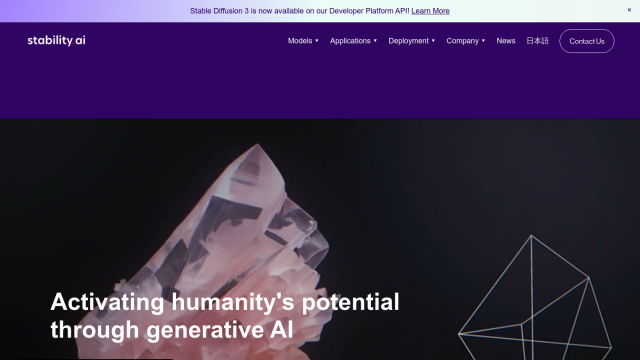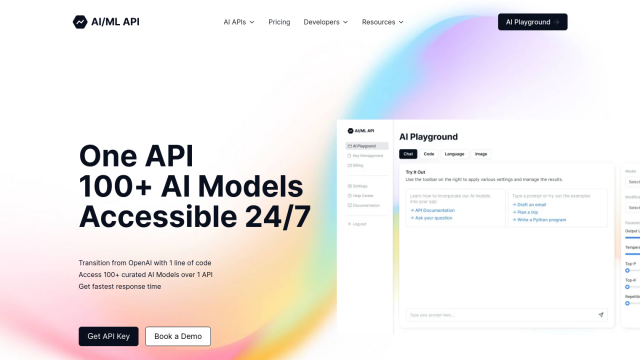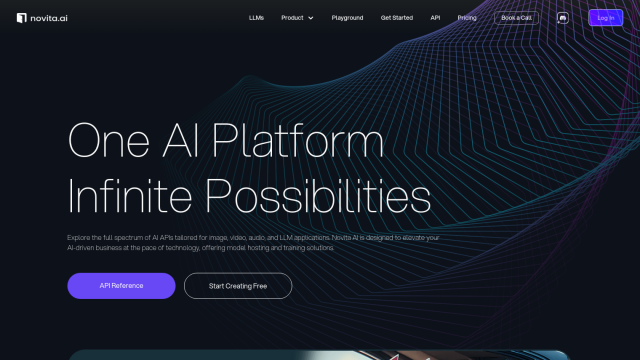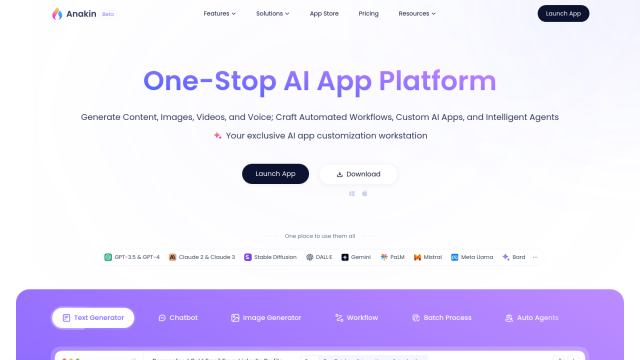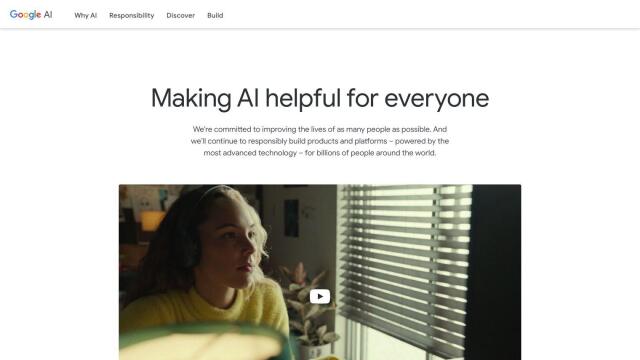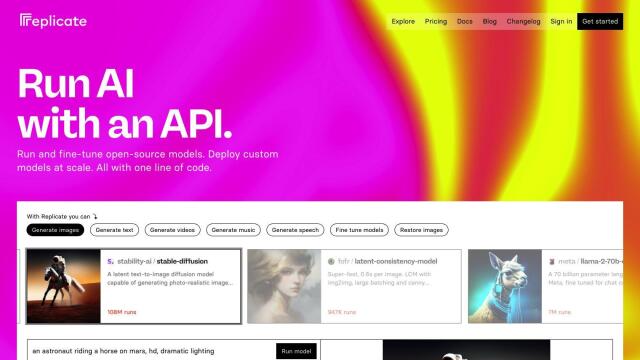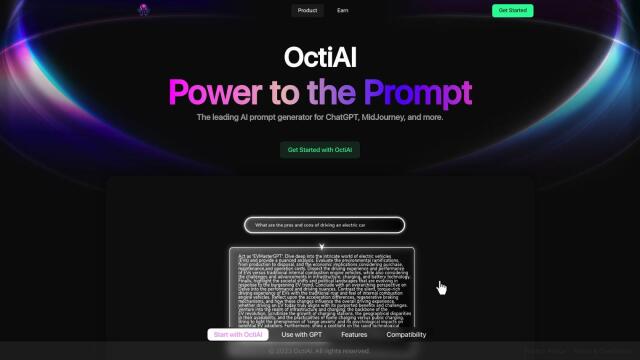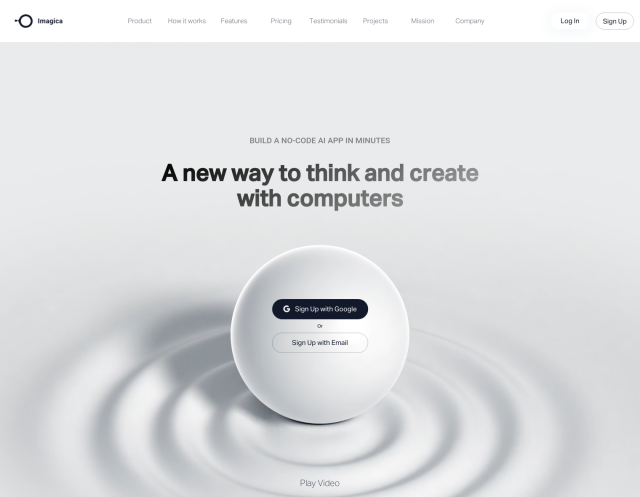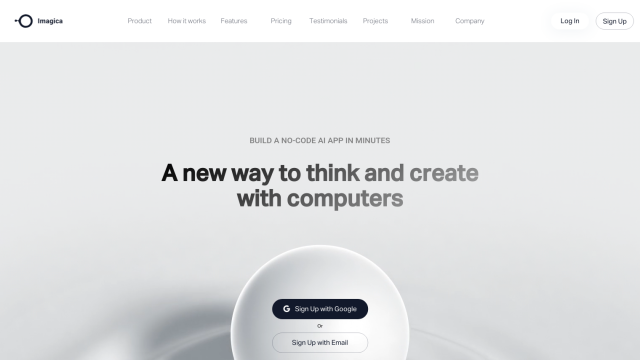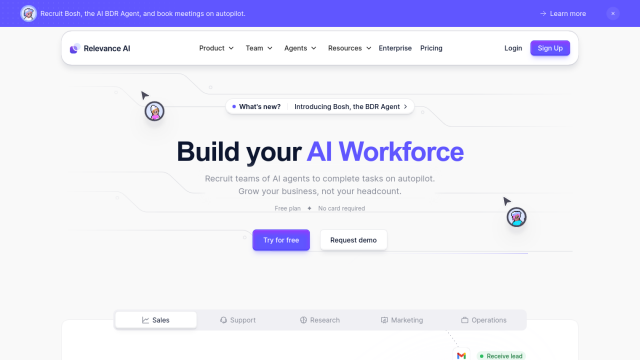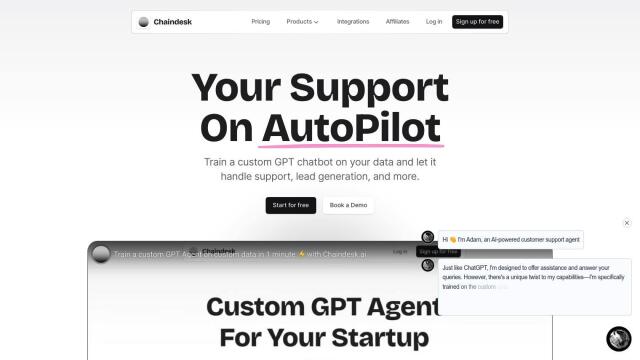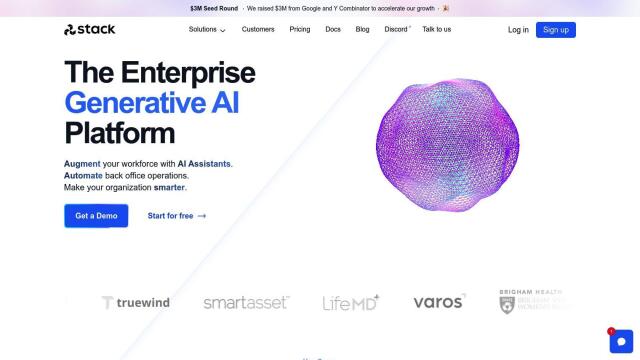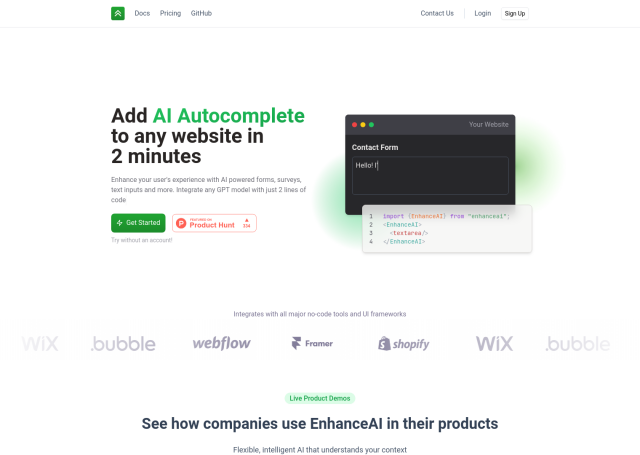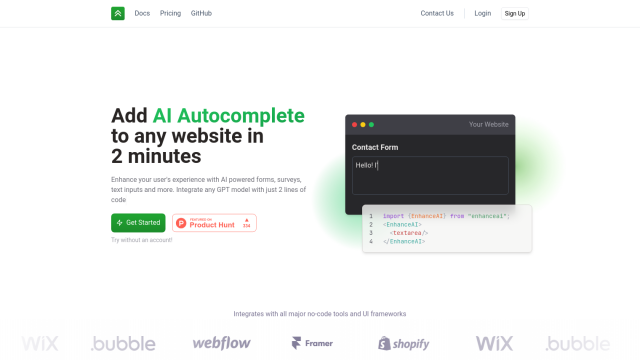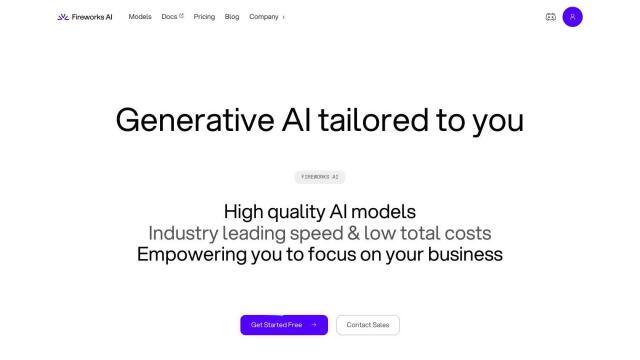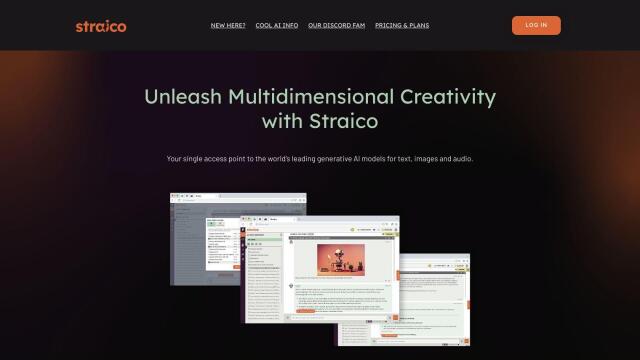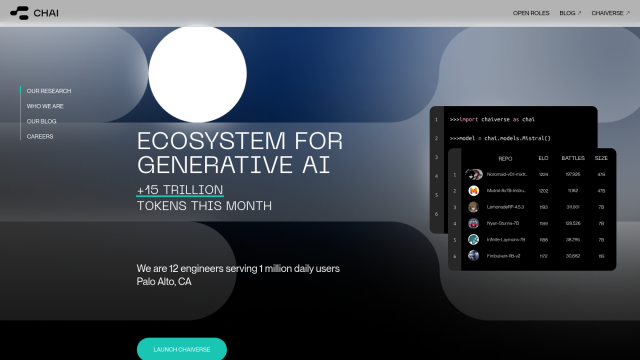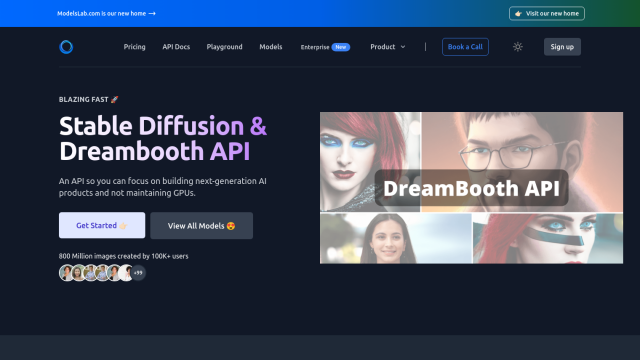
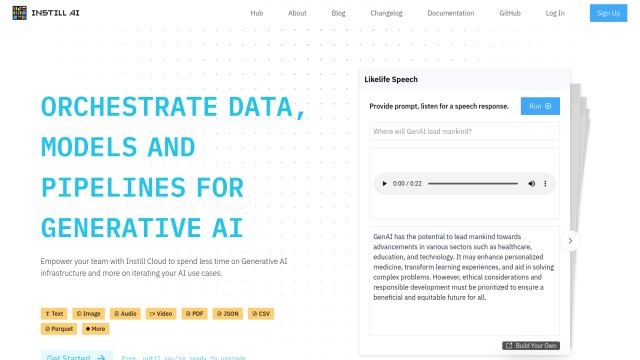
Instill
If you're seeking a Cargoship alternative, Instill is another option worth considering. This no-code/low-code AI platform handles data, models and pipelines for generative AI so teams can concentrate on iterating AI use cases instead of plumbing. It offers features like speech responses, webpage summarization, visual assistance, SEO article generation and object detection. Instill's drag-and-drop interface for custom pipelines and support for several programming languages means you can get AI models up and running even if you don't have a lot of technical expertise.


Abacus.AI
Another option is Abacus.AI, which lets developers create and run applied AI agents and systems at large scale. It includes tools for large language model apps, AI agents to automate complex processes, and predictive systems for tasks like forecasting and anomaly detection. Abacus.AI supports high availability, governance and compliance, so it's a good option for enterprises that want to add AI to their operations securely and at scale.


ThirdAI
ThirdAI is another option, particularly if you need a platform that exposes large language models and lets you customize them without requiring hardware like GPUs. It offers features like document intelligence, customer experience improvement and generative AI for summarizing long documents. ThirdAI's performance and low latency focus means it's a good option for plugging AI into existing processes.


Dify
If you prefer a more visual approach, Dify is an open-source foundation for building and running generative AI applications. It includes a visual Orchestration Studio for designing AI apps and offers customizable LLM agents, fast chatbot deployment and secure data pipelines. Dify's tiered pricing plans means it's an option for businesses and individuals who want to build AI securely and efficiently.
